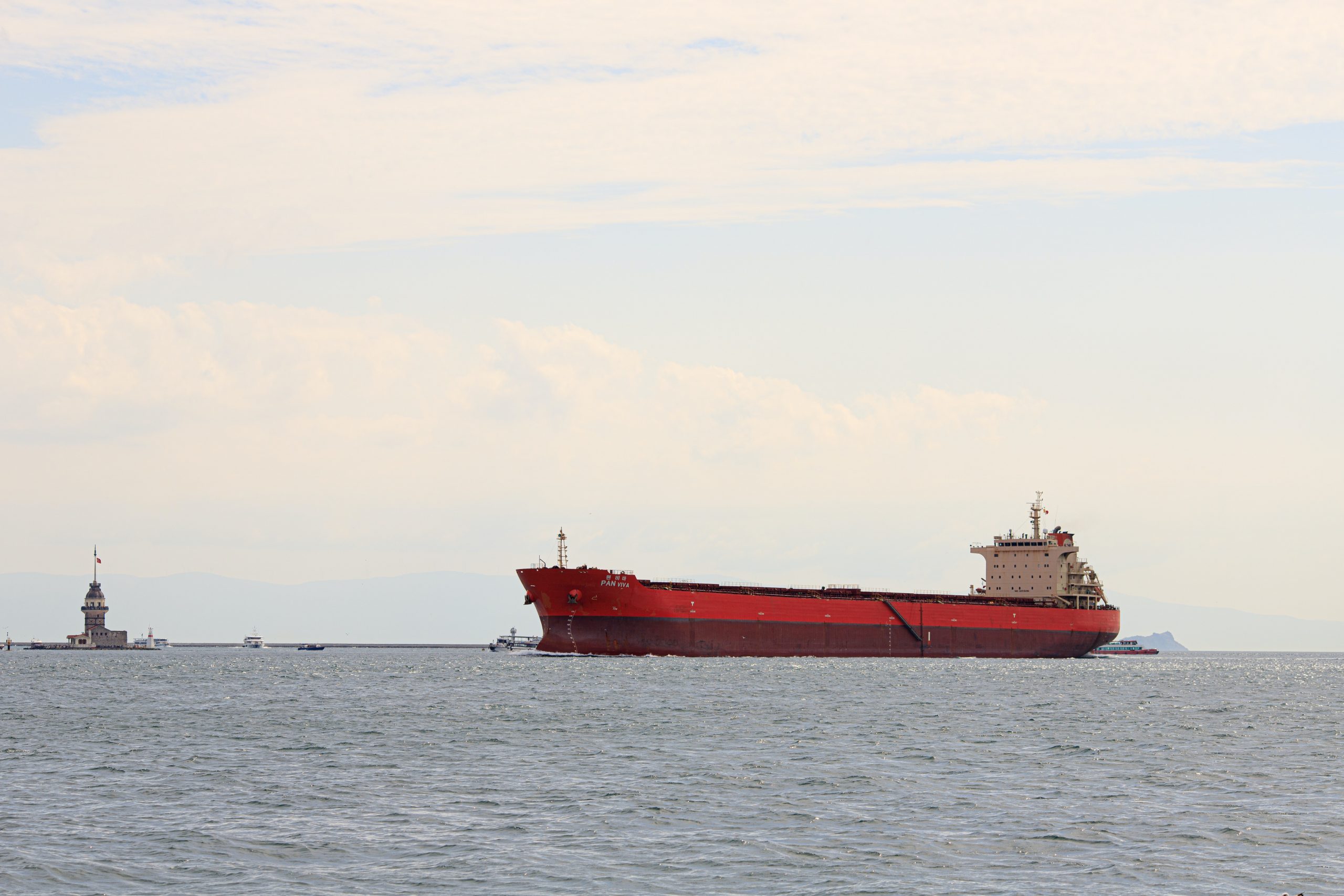The Gulf’s vulnerability to oil spills might worsen both the regional water issues and the world’s energy crisis.
Researchers have identified a “high vulnerability zone” in which an oil spill could result in the complete shutdown of desalination plants and liquefied natural gas export facilities along the Qatari coast for several days.
Published in Nature Sustainability and conducted through a collaboration between Hamad bin Khalifa University’s Qatar Environment and Energy Research Institute (QEERI) and Belgium’s University of Louvain, the study located a vulnerability to oil spills produced in a particular sea area covering about 15% of Qatar’s territorial waters.
“We identified a sea area presenting a particular danger to Qatar’s desalination and LNG export facilities. An oil spill originating from that area has a high probability of reaching either desalination or LNG export facilities and hence disturb their activities,” Co-author Emmanuel Hanert of the University of Louvain told Doha News.
The global energy market has been extremely volatile over the past year. While a gas crisis was avoided this year thanks to Europe’s warmer-than-average winter, the outlook for the upcoming winter is uncertain given the ongoing instabilities.
However, more than 20% of the world’s exports of liquefied natural gas come from a single port in Qatar, and with tankers unable to travel through deep oil slicks when there has been an oil spill, preventing such a scenario in Qatar is crucial.
The authors told Doha News that they believe their study is almost like a “medical check-up of Qatar’s desalination and LNG export facilities.”
According to the researchers, this shutdown could compromise containment efforts, significantly disrupt the global gas supply, and result in an unprecedented water shortage for people living on the Qatari Peninsula.
Co-Authors Essam Heggy, Chief Scientist and Research Director of the Earth Science Program at QEERI and Hanert believe it is vital to be aware of this vulnerability.
In the following five years, an estimated 64% increase in Qatar’s export capacity is anticipated, making the Gulf state a key node in the world’s energy supply chain.
However, the growing number of tanker accidents in the Gulf, according to the researchers, raises additional concerns, particularly in light of the potential effects on crucial coastal infrastructures that export a vital source of energy for the planet and guarantee the security of desalinated water for one of the driest climates on earth.
In order to identify specific offshore areas of the Qatar Peninsula that are vulnerable to oil spills and evaluate potential disruptions to the world’s supply of liquid natural gas, the paper uses advanced numerical modelling to corollary maritime data transports, atmospheric circulation, ocean currents, waves, and seafloor topographic map data collected over a period of five years.
The study contends that, rather than the numerous oil rigs in the northern part of the Peninsula, tankers passing through this area pose the greatest risk for oil spills. The researchers claim that Qatar would have only a few days to contain any spills here before they reached the nation’s main desalination plant and facility for exporting liquefied gas.
According to the authors, these occurrences could potentially result in delays or even a complete shutdown of the desalination plants for a day, forcing the country to rely more heavily on its meagre freshwater supply and driving up the price of liquified natural gas.
To put the scope of the problem in perspective, experts estimate that the biggest Qatari tankers carrying liquid natural gas can heat London for a full week.
In order to provide early warning for spills and more accurately model their evolution, the study advocates for increased remote sensing using satellite and airborne images in the Gulf’s most vulnerable regions. According to the researchers, the aforementioned steps are essential for directing mitigation efforts to avoid adverse local and global effects.
“The sea area we identified needs to be closely monitored with airborne and satellite surveillance in order to detect any oil spill as early as possible and hence have enough time to contain it before it reaches any sensitive coastal facility,” added Hanert.
They also recommend investing in the development of an oil spill early-warning and forecasting system that would allow authorities to automatically detect oil spill from satellite images and then forecast their future drift in order to identify which coastal areas are likely to be impacted and devise an efficient oil containment strategy.
“It does not mean that the nation will be facing an oil spill anytime soon. It however means that it has to be prepared against such events in order to respond adequately and hence avoid any disruptions to its water supply and LNG exports. This vulnerability is not specific only to Qatar as the other Gulf countries are facing the same issue,” Hanert stated.
HBKU and the University of Louvain are currently studying this vulnerability throughout the Gulf.







